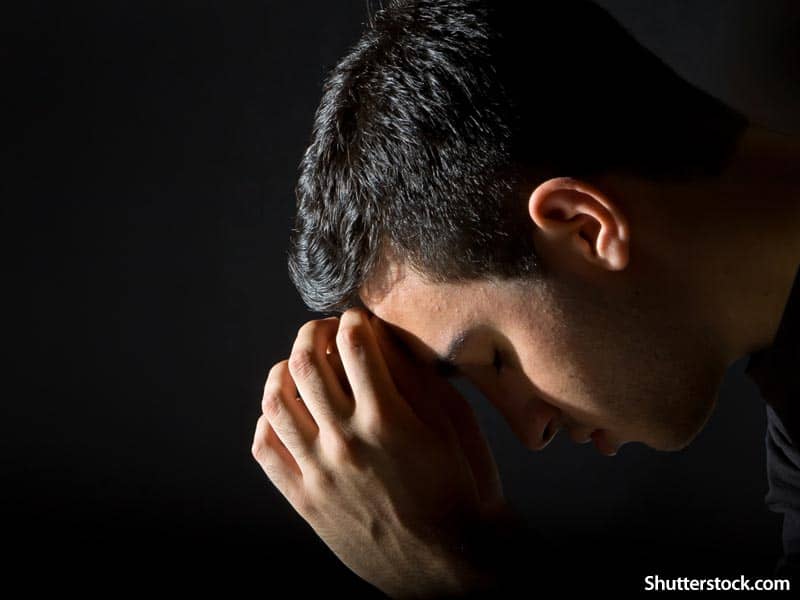The opportunity to travel overseas came through invitations from Islamic scholars who have befriended Imam Warith Deen Muhammad of Chicago on his travels throughout the world.
In four years, 100 students from throughout the United States have immersed themselves in Islamic and Arabic studies at two Muslim universities overseas.
Many of the students, about 25 percent, are from Atlanta, which has one of the only fully accredited Islamic high schools in the nation.
In 1997, the students began traveling to universities in Malaysia and Syria through the Muslim American Society in Chicago. Other students from the Atlanta Muslim community, inspired by the MAS tours, have taken advantage of study abroad programs at their colleges, going to Morocco, Egypt and Dubai.
Although the overseas universities are renowned in the global arena, Syria's Abu Nour Institute does not have U.S. accreditation, which means those who study there do not get college credit.
Students who apply for the MAS Syrian study tour don't seem too put out by that factor. They go to submerge themselves in Muslim cultures. They go in search of a more intensive Quranic education.
The Quran is the book of scripture in Arabic considered holy by Muslims.
The first trip was to Morocco, followed by an invitation to Malaysia during the presidency of Anwar Ibrahim. The Malaysia program was put on hold when "political difficulties" arose.
"We didn't want our young people caught up in that," said El-Amin, of Atlanta, who directs area recruiting for the MAS program.
Syria was added to the itinerary after an invitation extended by that country's foremost religious cleric, Sheikh Ahmed Kuftaro.
Students pay for their own plane tickets, with the rest of the cost of tuition, room and board picked up by MAS and the host country.
Overseas, students dive into Islamic, Asian and Middle Eastern history, depending on the program. Criteria for going include good grades, intended course work, community service and a "balanced personality," said one administrator.
"We're not sending them to become another people. Islam is an international religion," El-Amin said. "You can keep your culture and ethnicity and be Muslim."
Two Mohammed Schools alumni recently returned from studying abroad.
One difference Muhammad saw in Muslim culture in Damascus was that people concentrated much more on daily cultural rituals of Islam than do American Muslims, who focus more on practical application of the religion.
For instance, in Damascus you would never eat in public with your left hand, a rule of etiquette that dates back to the early days of Judaism, Christianity and Islam.
And then there was the difference in academic expectations. Classes begin at 7:30 a.m. and last till 1 p.m. every day except Friday. After classes there is mandatory study hall from 4 till 7 p.m.
The discipline paid off.
"I barely recognized (Arabic) letters before," Muhammad said. "Now, I can read Quran and carry on a conversation" in Arabic.
Even with the rigorous schedule, the students celebrated Thanksgiving and Eid, a holiday and feast celebrated twice a year, once after the fasting month of Ramadan and again as a part of Hajj, the annual pilgrimmage to Mecca.
He says he was moved by the contradiction of looking across the Mediterranean Sea on a tepid day to see snow-capped mountains.
But life is full of contradictions, as Mansoor Sabree, 20, discovered during his four-month stay in oil-rich Dubai, United Arab Emirates.
Mansoor, 20, is an international business major at American Intercontinental University in Atlanta. Last semester, he was the only student to take advantage of his college's study abroad program with its sister school, American University of Dubai. He arrived in Dubai, one of the world's richest countries, in January to continue his sophomore course in math, science and Arabic.
"There was very little culture shock," Mansoor said. "The American influence is there --- that Western way of dealing with things. That's the way they want to interact.""
Outside the dorms, another education awaited. "As a Muslim in Dubai, I was shocked. It was 97 percent Muslim, but it allowed drinking, prostitution," he said. "But still, it was a different experience from being in the U.S. where Muslims are a minority."
Sabree said his perspective has changed. "The world is open to us. Only a small minority of (Americans) even have passports," he said.
"What you sense," said El-Amin, "is the world is becoming one, whether you want it to or not. The connections are deeper."

